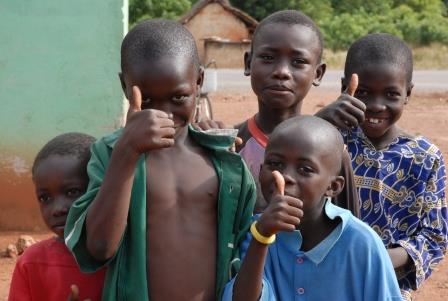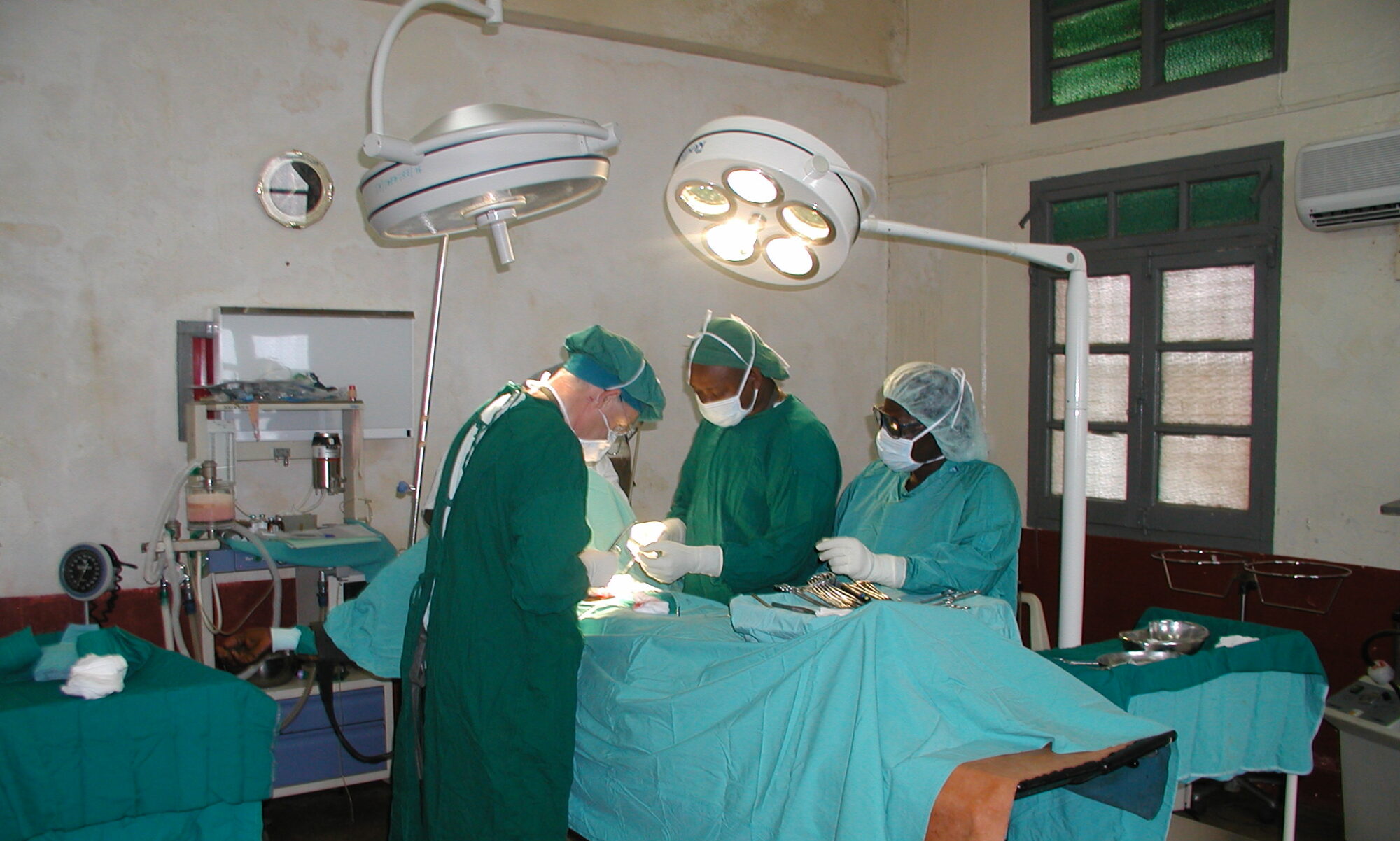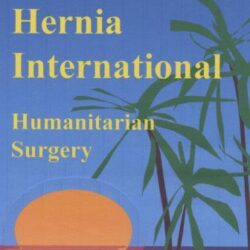To register with Hernia International as a Volunteer, please get in touch with Andrew Kingsnorth (kingsnorthandrerwn@gmail.com).
Essential tourist information can be viewed at the appropriate High Commission or Embassy website for the country being visited. Alternatively, visit the Foreign and Commonwealth Office website for their recommendations regarding travel. Prepare well in advance.
The information below covers the essentials. A wealth of additional resources are listed on the following websites:
- Information for preparing for an overseas experience can be found at the Global Health Education Consortium website. http://globalhealthedu.org/resources/Pages/default.aspx
VISA
You will travel on a TOURIST visa. You DO NOT require a Work Permit as you are an unpaid volunteer. At the airport (if asked) you are visiting the hospital to TEACH and provide some medical supplies. You may require a Letter of Invitation from the Host Hospital, which will be organised by your Team Leader. At the earliest opportunity ask for a copy of this letter.
On arrival in the host country you may be asked to complete an Immigration Form. For the address being visited, enter the name of the Host Hospital and the Invitee (usually the Hospital Director whose name appears on the Letter of Invitation)
IMMUNISATION
- Yellow fever is mandatory in Africa. Take your Yellow Card with you.
- Hepatitis B is essential.
- Hepatitis A is recommended
- Other recommendations are:- Anti-Typhoid, Anti-Rabies, Measles mumps rubella if born after 1956
- Tetanus Diphtheria revaccination every 10years
- The protection afforded by Cholera vaccines is debatable.
- Contact your local health authorities for definitive advice.
MALARIA PROPHYLAXIS
In Africa and South America is essential. You will find very helpful information from the Travel Doctor website:- http://www.traveldoctor.co.uk/malaria.htm .Avoid mosquito bites by using mosquito repellents..
TRAVEL
Volunteers are responsible for their own travel insurance, which must include repatriation. Transportation from the airport to the location of the mission will be arranged for the team members by the Host Hospital.
ACCOMMODATION
Lodging Is generally in an inexpensive hotel close to the host hospital, or in simple accommodation close to the hospital. More precise information will be given to you by the Team Leader.
TEMPORARY MEDICAL REGISTRATION
All surgeons in the team will need temporary registration to practice in the host country. This will be arranged by the host institution and you will be required to provide copies of the following documents: (i) Medical Degree Certificate, (ii) Medical Council Registration, (iii) Specialty Certification and (iv) Photo Page of your Passport and (v) brief CV.
DRESS
Suits are not necessary. For formal occasions it is necessary to wear smart trousers, shirt and tie. During work periods you will wear T Shirts, or theatre greens or blues.
MOBILE PHONES / INTERNET
It is cheaper to use a local SIM card than “roam” on your UK phone. You may be provided with a local phone. There may be an internet café, even in rural areas.
EQUIPMENT LIST.
As well as formal and informal clothing, toiletries and mosquito repellents you should bring
Personal garments and shoes for use in the Operating Theatre
A head torch as used by hikers for use in the Operating Theatre during power outages
Reading material: -(recommended) Relevant Travel Guide
Antiseptic talcum powder – it can get hot and sticky
A small hand torch;
Leave plenty of room in your luggage to fit in essential equipment, gowns, gloves etc..
RESPONSIBILITIES OF VOLUNTEERS”in the field”
The Volunteer is to provide the following:-
- Copies of documents required to obtain Temporary Medical Registration as follows: (i) Medical Degree Certificate, (ii) Medical Council Registration, (iii) Specialty Certification, (iv) Photo Page of Passport and (v) brief CV.
- Visa, Immunisations and malaria prophylaxis (if required).
- Travel insurance which must include repatriation cover.
- Medical malpractice cover. Hernia International does not take out insurance to cover the Volunteer surgeons and nurses for malpractice or other possible legal issues. UK malpractice cover is valid for short Volunteer missions abroad, other nationals may need to discuss their individual case with Andrew Kingsnorth.
- Travel arrangements to and from agreed Airport in Host country, that have coordinated arrival/departure times with other team members to facilitate pick-up/drop-off by host hospital transport.
- The moderate costs of travel, accommodation and food during the mission.
- Where required (at present only Nigeria) obtain from GMC a Letter of Good Standing and have it forwarded to the equivalent in the Host Country.
- To bring with them the following supplies for their use during surgery on the mission, as appropriate:-
Sutures, gloves, hats, local anaesthetic, syringes, needles, wound dressings, scalpels. These supplies will be provided by the team as a whole and each team member will be responsible for one or more of these items.
The total number of cases operated on is about 6-7 cases/table/day. The missions usually operate for 4-5 days during a week. You will usually be able to operate on 3 tables simultaneously, therefore a one week mission will be expected to take supplies for 80-100 cases – a two week mission for a maximum of 160-200 cases.


